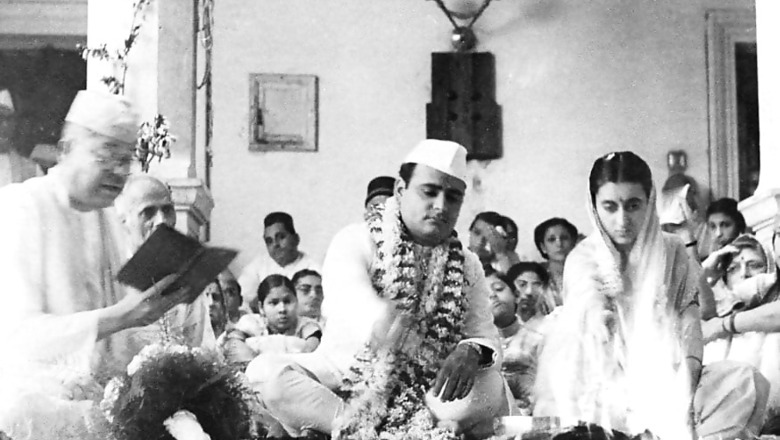
views
Swedish author Bertil Falk took years to write Feroze, The Forgotten Gandhi, some chapters being two years old and some over two decades. Yet, he says, he would not have had it any other way and would have still chosen Feroze Gandhi over anyone else from the family to write about. In conversation with News18’s Aishwarya Kumar, he says the Congress party owes whatever it has in Rae Bareilly and Amethi to Feroze.
Edited excerpts:
You met Indira Gandhi multiple times, yet you chose to write on Feroze Gandhi. Why him?
I found there were more and enough books about Indira. I saw she had her children and grandchildren. Out of the three times I’ve met Indira Gandhi, there was this one time when a little Rahul Gandhi walked into her room when I was sitting. I saw they were very close. But then there was no sign of his grandfather and that got me curious. So I started asking people who Feroze, Indira’s husband, was.
“He was a nobody. He died in 1960. He was just a son-in-law of the then PM,” everyone told me. But I knew there was something more to that. Then I found the Mundhra case, the Dalmia case, the Press Law, Kerala government case. That’s when I realized that Feroze was an important person in Indian history. He considered himself a Parsi, but he was not religious. He could recite the Bhagwad Gita, both in Hindi and Sanskrit.
You can’t take away what he did in the Parliament. It’s still there like a watermark. From the idea of India that he had, he was special and well ahead of his time. If you read one of his speeches at Yale when he was 18, you would know what sort of a country he imagined India to be.
You speak of Feroze’s political acumen to be spot on — ahead of his time. Please tells us a little more about it.
Feroze went into the smallest detail when it came to issues he wanted to fight for. That was his biggest asset, according to me. His efforts made the then finance minister TT Krishnamachari to resign, something that did not go down well with Nehru. But Feroze fought on.
Take the Mundhra and Dalmia cases. Feroze’s intervention is one of the prime reasons why India, now, has a centralized insurance system.
And then, of course, the Press Law. There was a time in India when a journalist who reported on what was going in the Rajya Sabha could be persecuted. Feroze brought around a private bill, and you know private bills even now hardly become a law. But his Bill became a law. The press as we see it now is part of Feroze Gandhi’s legacy.
Other than these, his resistance at the time when Indira toppled the Kerala government, which was a popularly elected communist leadership. Nehru was reluctant too, but Indira got him to do it. Feroze called her a fascist on the breakfast table at Teen Murti, and that was the end of it.
How was his relationship with Indira?
Something or probably the only thing that he had in common with his wife was an interest in nature and flora. Their relationship was extremely complicated. There are many complicated marriages in the world but I’m sure theirs surpassed them all. He was always there when she needed him and she has been vocal about it. But they had different opinions on almost everything.
He was a democrat, she wasn’t. She wanted to be Mother India in that sense and he fought her. He fought her in the Parliament and also within the Congress party. When her father became the PM, Indira took the children from Lucknow and moved to Teen Murti—Feroze didn’t like it. He didn’t move in with her.
Even after she moved to Teen Murti, Feroze used to make sure that he had breakfast with his family. He stayed at the house he had as an MP. Those breakfasts also stopped after Feroze called his wife a fascist.
They kept their relationship very tight to their chests. Didn’t speak to to anyone about it. Indira did, however, say certain things about their relationship after Feroze died, but Feroze said nothing. Lal Bahadur Shastri knew about their relationship—its ups and downs. Shastri was extremely fond of him too.
How did Nehru see Feroze’s idea of India?
Nehru considered Feroze to be an amateur—a young kid. Nehru never saw a potential in Feroze.
Can you share an instance that gives a peek into Feroze as a leader?
His biggest identity was the unofficial spokesperson of the opposition. He was a back bencher. His party was in power but he had his own independent voice. And it was a time when leaders like Nehru ruled, a character the opposition lacked. In a democracy you need an opposition, and this was what Feroze brought to the table. He filled the gap by doing his research meticulously. He used to tell his friends that he wanted full knowledge and grasp over the subject before he spoke in the Parliament.
Do you think the Gandhi family has ignored his legacy?
Yes, the family has neglected his legacy. Everyone has. The Congress party has, the historians have.
In fact, when I met Indira Gandhi, Feroze had already been marginalized for years. It was Indira’s fault — she did not want him to come to the forefront.
Feroze has not gotten his due. He had done so much for his constituency, Rae Bareilly. He set up the college which was initially to be named after Indira Gandhi. But when Feroze died suddenly around the time of the college’s inauguration, the party named it after him. Voters in Rae Bareilly always voted for him in the highest proportion—higher than Nehru. What the party has there as legacy is because of Feroze, a person who is rarely talked about.
While I still think Congress still has life in itself, despite losses in elections, I believe the party would have been different had Feroze been alive. But, as I said, he has not been given his due. The party owes a lot to him.











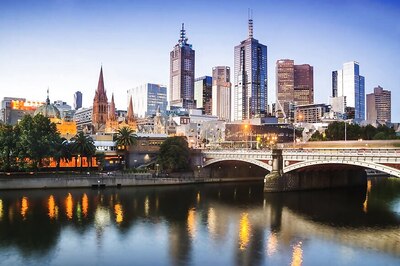
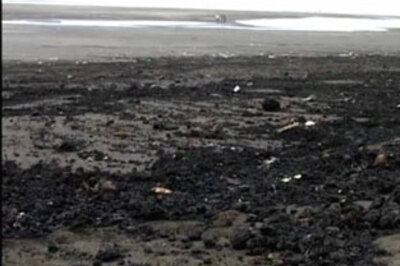


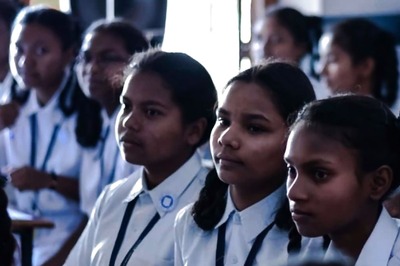
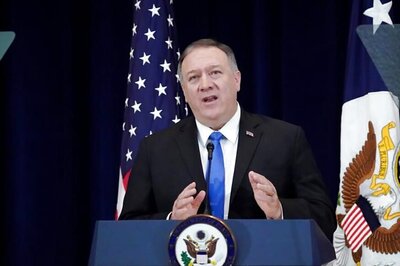



Comments
0 comment